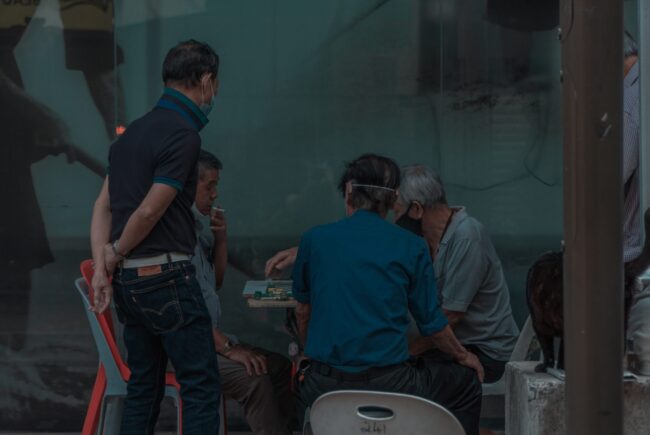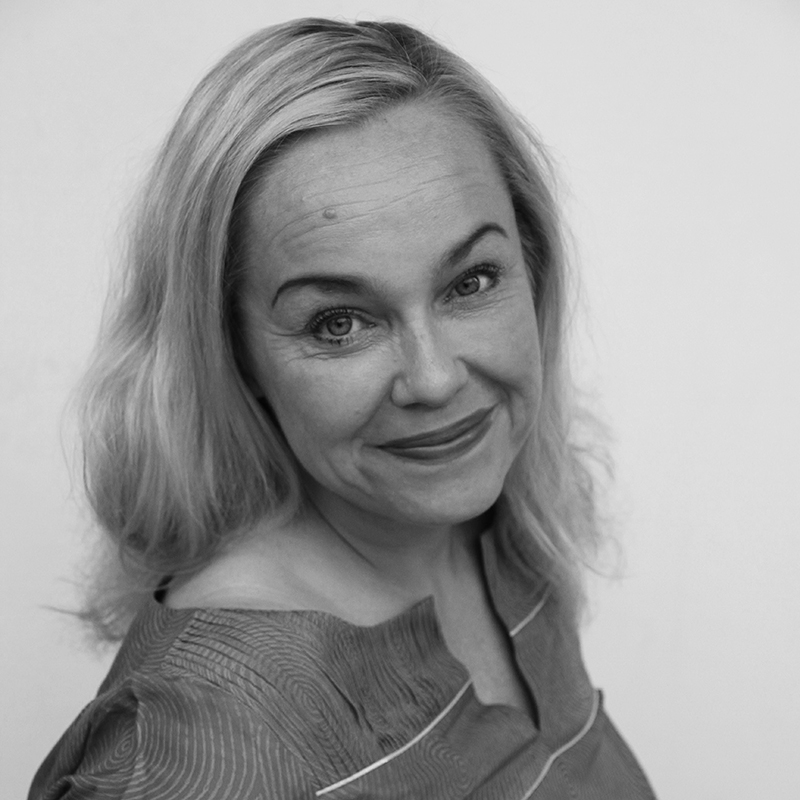

Singapore has one of the fastest growing number of people over 60 in the world. Photo: Unsplash
Singapore has one of the fastest growing number of people over 60 in the world. Photo: Unsplash
The Asian city state wants to keep its older folk active for longer – silver learners are also deemed an important part of the economic growth.
The Asian city state Singapore has an ethnically diverse population as people have moved to the city-state from all over the world. The 5.6 million people -strong country prides itself in being able to offer its citizens various lifelong learning programmes at a low cost.
At the same time Singapore has one of the fastest growing number of people over 60 in the world. Aging population can cause a strain in health and social resources so keeping people active, even past retirement age is crucial for both the economy and people’s well-being.
Understandably, the country wants to benefit from the so-called Longevity Economy – in which people stay at work for longer.
Recently the country’s Ministry of Education announced a slew of reforms in the adult education sector with their main aim to enable Singaporeans to either boost their career, change it entirely or simply enjoy learning a new skill.
There are various subsidized learning programmes available for both residents and citizens alike.
One such programme is The National Silver Academy – which aims to support those people who are retired or working part-time. Silver learners are deemed an important part of the economic growth and the city state has paid attention in keeping the older folk active for longer to reduce state medical expenditure as well as to benefit from their experience in society.
We talked to one these learners, the 65-year-old Singaporean Joy Lin.
What are you studying and why?
“Ever since I was a kid, I wanted to be a musician. It just didn’t happen the way I planned but I never let that stop myself enjoying my dream. In the past ten years, I have taken different kinds of music lessons, mostly at evening school since I could not afford to pay for private lessons.

65-year-old Singaporean Joy Lin works part-time at a warehouse in a supermarket. Photo: Pia Heikkilä
The (government sponsored) evening school Music Academy has many lessons for adults. I have learnt guitar, drumming and follow (musical) notes there. Learning these skills means I can practice at home where I have a drum-set and an electric guitar.
There was a band in my neighborhood too where I played when I was younger, but now I just practice for my own pleasure.”
What do you get out of learning?
“It doesn’t matter how old the person is, they should always follow their dream. My dream is music and I will continue to enjoy it till I am ready to leave this world.
I have seen Metallica and Iron Maiden at large concerts here in Singapore earlier, it’s the real deal, the most amazing experience.
Music gives me many things, it relaxes me, it helps me to deal with stress, it heals me. I have fun playing.
I work part-time at a warehouse in a supermarket. It does not make me rich, but it does give me enough money to enjoy my favourite past-time. It helps also to have friends who share my interest.”
How did Covid affect your learning?
“During covid it was difficult because there were no live concerts, and I could not meet my friends regularly. It felt isolating because I find my happiness in music and friends.
My music classes had to be stopped too so I just learnt on my own.
Now I am already saving to go to some live concerts and it feels good – life has returned to normal and I am planning to start some classes soon. Life is about getting lost in music.”
Author







